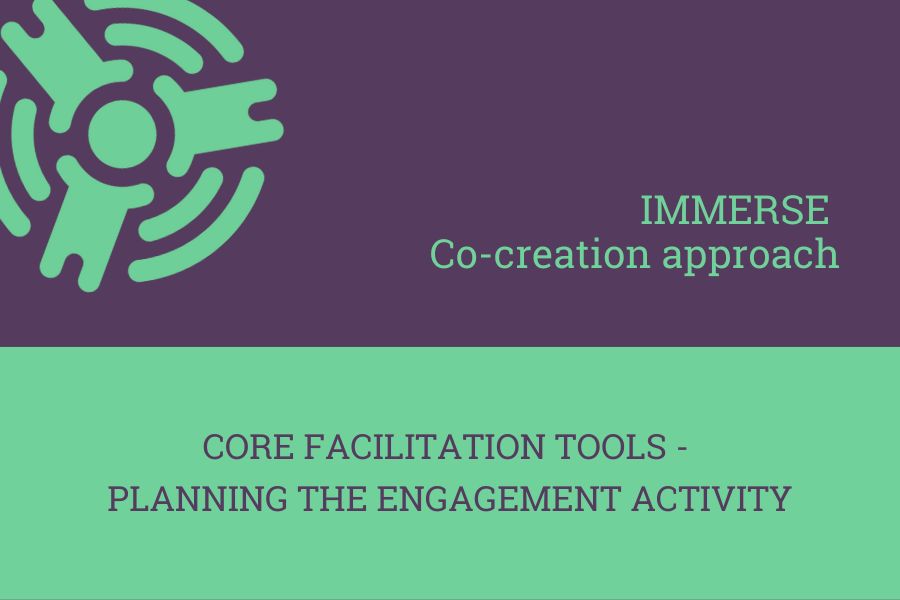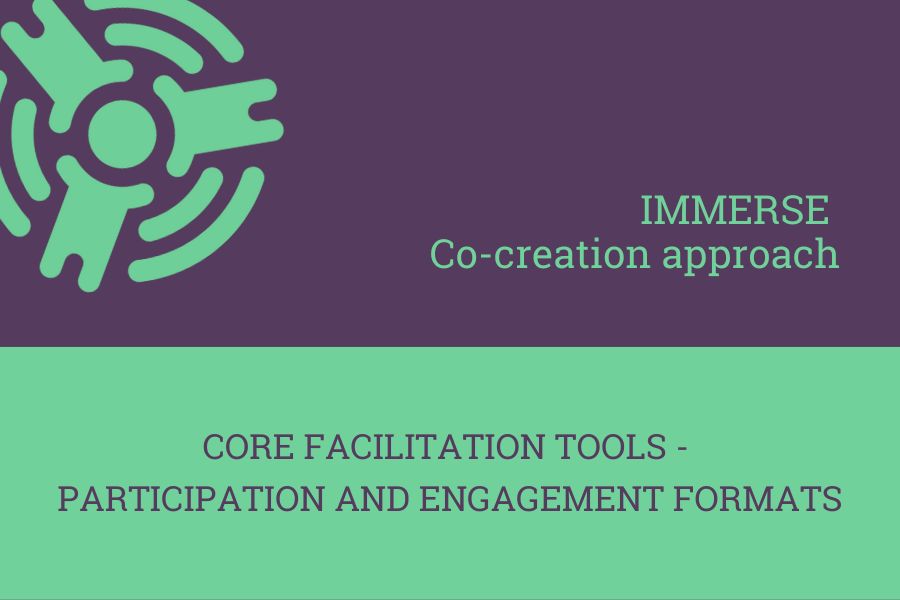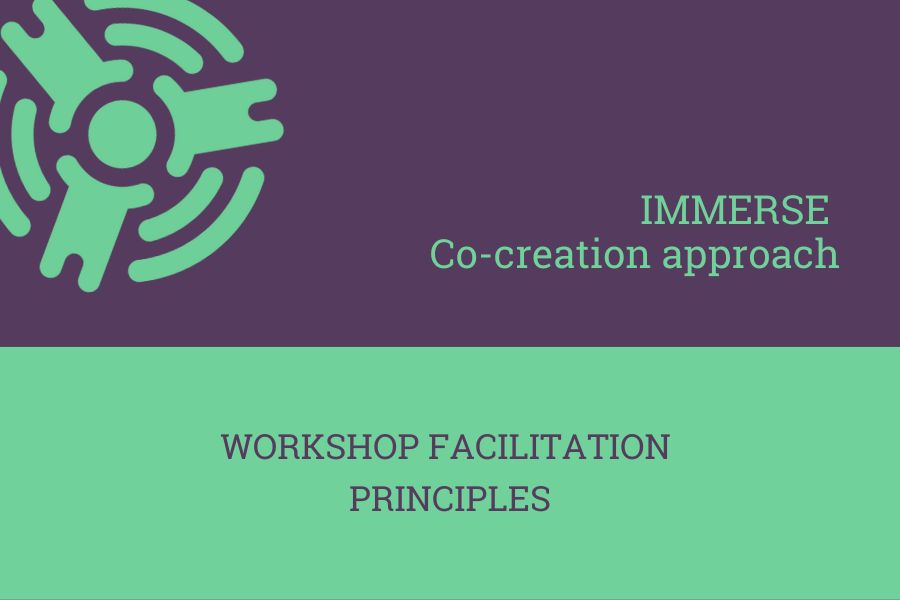Description
ItaStra was founded in 2008 with the aim of promoting didactic, training, counselling, and research activities in the field of Italian language teaching, through the adoption of innovative methods and people-centred models. Since 2012 agreement with Palermo Municipality, the School has started an intensive didactic and scientific activity related to the inclusion and literacy of migrant adults and unaccompanied foreign minors (UAMs). UAMs become interns and actively participate in learning spaces with refugees, asylum seekers, international students, visiting professors, European youth project participants, mobility programs professionals, etc. The didactic model focuses on the centrality of the learner and improves the non-traditional civic-linguistic skills. The School offers Italian language courses and grammar classes, as well as extra-curricular activities (cooking/photography/cinema/theatre workshops and field trips) to discover the Italian culture. Moreover, ItaStra is promoter of various projects, such as: - Studiare migrando aimed at the realization of a e-learning platform for young migrants and UAMs, who live in Italy and who are preparing the final exams of the first round of education. https://www.studiaremigrando.it/index.php/it/progetto.html - Ponti di parole: http://www.pontidiparole.com/ It receives governmental funds.
- Access to compulsory education
- Children complete compulsory education
- Children maintain their cultural identity while adopting new cultural values and intercultural competences
- Children remain in (formal) education beyond compulsory levels / Access to (formal) non-compulsory education
- Children's academic skills
- Children's competence in host language
- Children's legal status
- Children's sense of belonging
- Friends and peers (bridges)
- Friends and peers (support)
- Institutions
- Teachers
- Types & levels of (formal) non-compulsory education attended
Evaluation ex post
The experience of ItaStra has strenghtened the capacity of different actors to work together (multi-stakeholder approach) and has stimulated the creation of virtuous practices of welcoming, literacy and training. Innovation is guaranteed through the sharing of learning spaces between refugee, migrants, non-accompanied minors, foreign students and international teachers, as well as through the learner-centred approach, the combination of traditional learning spaces and outdoor activities, and the development of linguistic and civic competences.
A general evaluation of ItaStra’s work is provided by ISMU (see link below, p.167).
https://www.ismu.org/wp-content/uploads/2020/10/Rapporto-Alunni-con-background-migratorio-2_2020.pdf
Projects’ deliverables
Website (see link below), Facebook page, YouTube Channel, Twitter and Instagram.
Over time, ItaStra has collected interviews and autobiographies.
https://www.unipa.it/strutture/scuolaitalianastranieri/
Reproducibility
The project is defined as a good practice by ISMU (see link below, p.166)
https://www.ismu.org/wp-content/uploads/2020/10/Rapporto-Alunni-con-background-migratorio-2_2020.pdf
Motivation for the submission
ItaStra is an academic institution that aims at inclusion through a wide range of activities: courses, projects, extra-curricular activities, research. Its methodology is based on a people-centred and inclusive approach through the sharing of communal spaces (UAMs, refugees, asylum seekers, international students, visiting professors, European youth project participants, mobility programs professionals, etc.)



